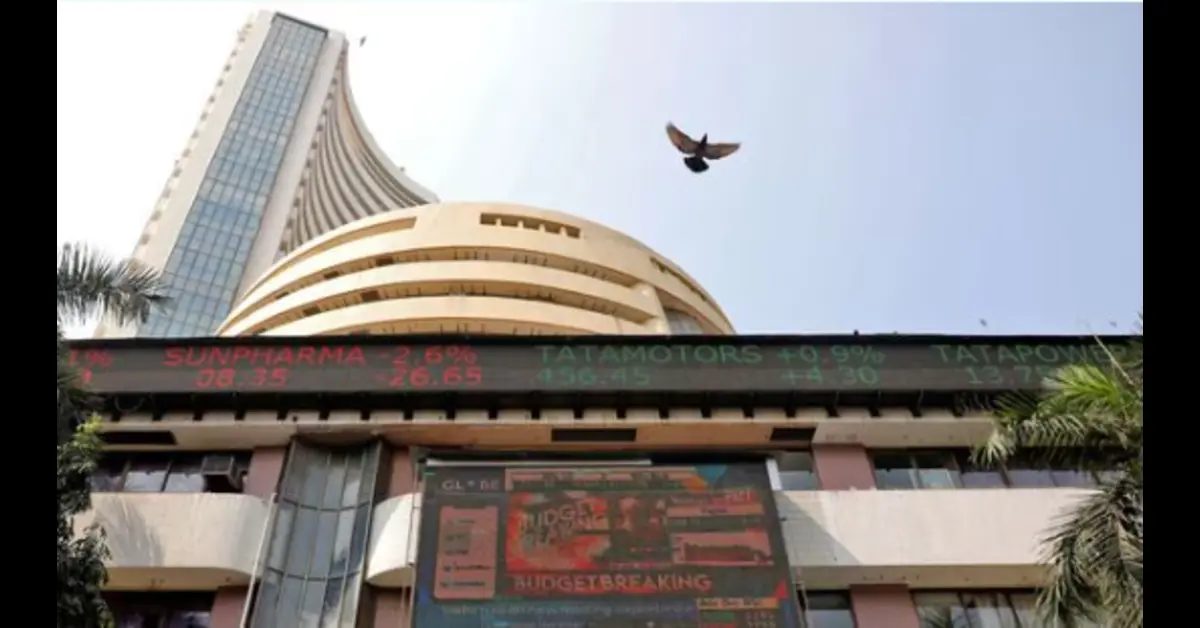Table of Contents
Introduction to Eid ul Adha
Eid ul Adha, also known as the Festival of Sacrifice, is an important Islamic holiday celebrated worldwide. Indian Stock It commemorates the willingness of Ibrahim (Abraham) to sacrifice his son as an act of obedience to God’s command. In India, Eid ul Adha holds significant cultural and religious importance, marked by prayers, feasts, and charitable acts.
Significance of Eid ul Adha in India
In India, Eid ul Adha is observed with fervor and joy by the Muslim community. It fosters unity, compassion, and generosity, reflecting the values of sacrifice and devotion. Families gather to offer prayers, share meals, and exchange gifts, enhancing social bonds and cultural richness.
Impact of Eid ul Adha on Indian Stock Market
The Indian stock market experiences fluctuations during Eid ul Adha due to reduced trading activity. Many traders and investors take time off to celebrate the holiday, leading to lower trading volumes and liquidity. This can influence market volatility and price movements, affecting short-term trading strategies.
Historical Trends of Indian Stock Market during Eid ul Adha
Historically, the Indian stock market has shown mixed trends during Eid ul Adha. While some years witness subdued market activity and minor price adjustments, others may see more significant movements based on global economic conditions, geopolitical events, and domestic factors.
Stock Market Schedule on Eid ul Adha 2024
The schedule for the Indian stock market on Eid ul Adha 2024 depends on the exchange’s decision. Typically, stock exchanges announce adjusted trading hours or holiday closures to accommodate the religious observance.
Factors Influencing Stock Market Operations on Eid ul Adha
Several factors influence stock market operations during Eid ul Adha, including:
Global Markets: Trends in international markets can impact Indian stocks.
Political Stability: Political developments affect investor sentiment.
Economic Indicators: GDP growth, inflation rates, and fiscal policies play a role.
Market Sentiment: Investor confidence and risk appetite vary.
Preparation and Precautions for Traders and Investors
Traders and investors prepare for Eid ul Adha by:
Reviewing Portfolios: Assessing asset allocations and risk exposure.
Monitoring News: Staying informed about market developments.
Implementing Strategies: Adjusting positions based on market conditions.
Economic Analysis of Market Performance during Religious Holidays
Economic analysts study market performance during religious holidays to understand trends, investor behavior, and economic impacts. This analysis helps in forecasting market movements and designing investment strategies.
Comparison with Other Stock Markets during Eid ul Adha
Comparative analysis with other stock markets during Eid ul Adha provides insights into global trends, regional variations, and market dynamics. It facilitates benchmarking and trend identification.
Expert Opinions and Insights on Trading Strategies
Experts offer diverse opinions and insights on trading strategies during Eid ul Adha, including:
Long-Term Investing: Emphasizing fundamentals and growth prospects.
Short-Term Trading: Leveraging volatility for tactical trades.
Risk Management: Diversifying portfolios and using hedging strategies.
ixigo IPO: Strong Demand and High GMP 2024
Conclusion
Eid ul Adha’s impact on the Indian stock market reflects the intersection of cultural observance and financial activities. Understanding market dynamics during religious holidays is crucial for traders, investors, and market analysts to navigate volatility and seize opportunities.
